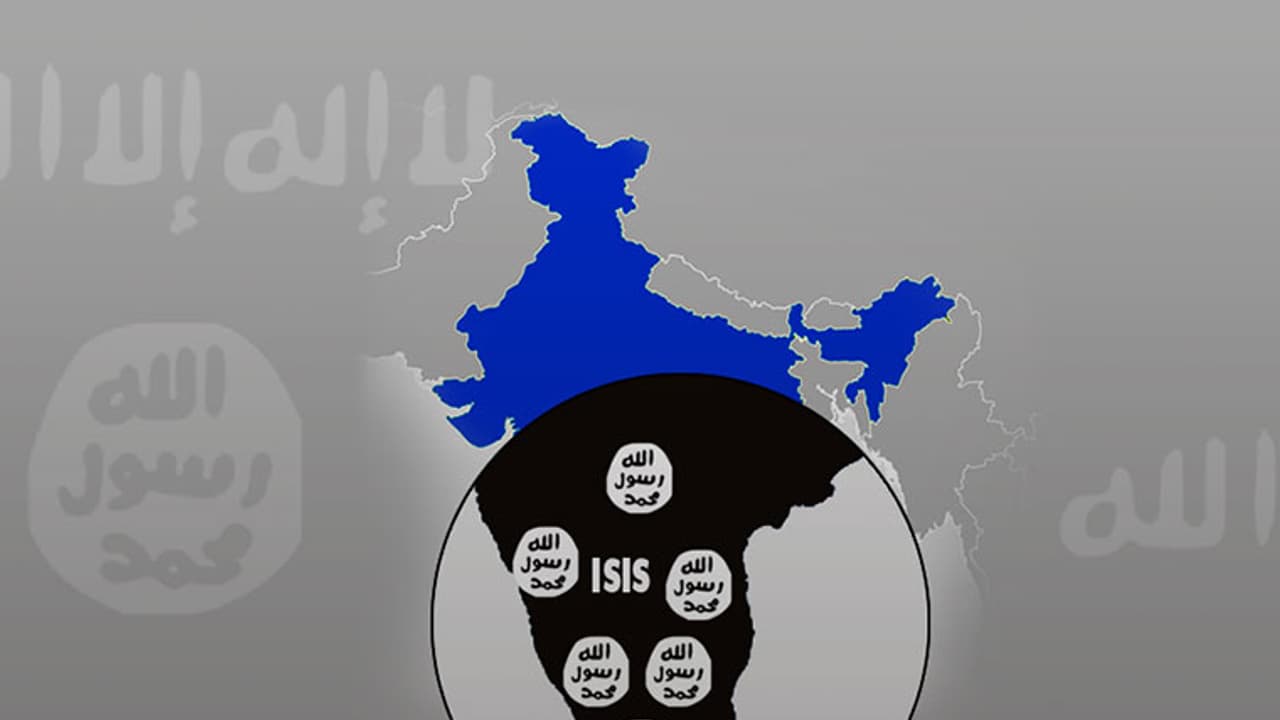NIA has stated that 30 people from Telangana and AP have ties with ISIS. Of 50 people arrested in India for ISIS links in 2016, 26 were from South India. Saudi Arabia has spent about ₹1,700 crore for the spread of hard-line ideologies in India.
The National Investigation Agency (NIA) on January 18 announced that at least 30 youth from Telangana and Andhra Pradesh have been in touch with the Islamic State in Iraq and Syria (ISIS). The NIA announced that two youth from Guntur and Krishna districts had recently reached Syria to fight along with ISIS.

The NIA obtained the information following the arrest of an ISIS sympathiser in Hyderabad on January 17. While central and state officials claimed that ISIS was more active in Telangana (in particular Hyderabad), the group was also influential in Visakhapatnam, Kurnool and Chittoor. Intelligence officials claimed that the police were able to “deradicalise” 37 youth who had gotten in touch with ISIS in 2015.
Last November, a key Indian recruiter for ISIS claimed that more than 60 Indians had joined ISIS and were fighting alongside the group in Syria and Afghanistan — the group included 22 Keralites. A break-up by the states of origin of 50 ISIS supporters arrested in India in 2016 shows the lopsided nature of the group’s influence in South India: 11 were from Telangana, 7 from Karnataka, 6 from Kerala and 2 from Tamil Nadu.
These facts point to a real risk of ISIS gaining influence among Muslims in South India. While Pakistan-backed groups have typically operated in northern and western states, there are several reasons why ISIS finds a favourable response in the south.
The standard of living and educational indicators for Muslims in the region are significantly higher than those for the community at a national level. This has meant greater exposure to social media and diverse forms of literature, which ISIS has used as a major means to build influence.
Further, the presence of openly Muslim political parties and the community’s relatively higher economic clout has meant that state governments in the region have shied away from cracking down on radicalism. This has especially been the case in northern parts of Kerala and areas in coastal Karnataka where fringe groups like the Popular Front of India operate with impunity.
Finally, the region’s historically close ties with the Persian Gulf have also been exploited by ISIS recruiters. The large number of Muslims migrants from these states to Arab nations has meant that the influence of puritanical ideologies in the minority community has increased over the decades. In June 2015, WikiLeaks revealed that Saudi Arabian groups had allocated ₹1,700 crore for the spread of the hard-line Wahabi ideology in India by investing in welfare trusts and educational bodies. A significant number of these investments are in South India, and particularly Kerala.
Also read: Dangerous trend: More Keralites traced to Osama's old stronghold
Governments can understand the significance of these factors only if they understand the kind of “theological-political” message that ISIS has been spreading, unlike purely politically motivated groups.
